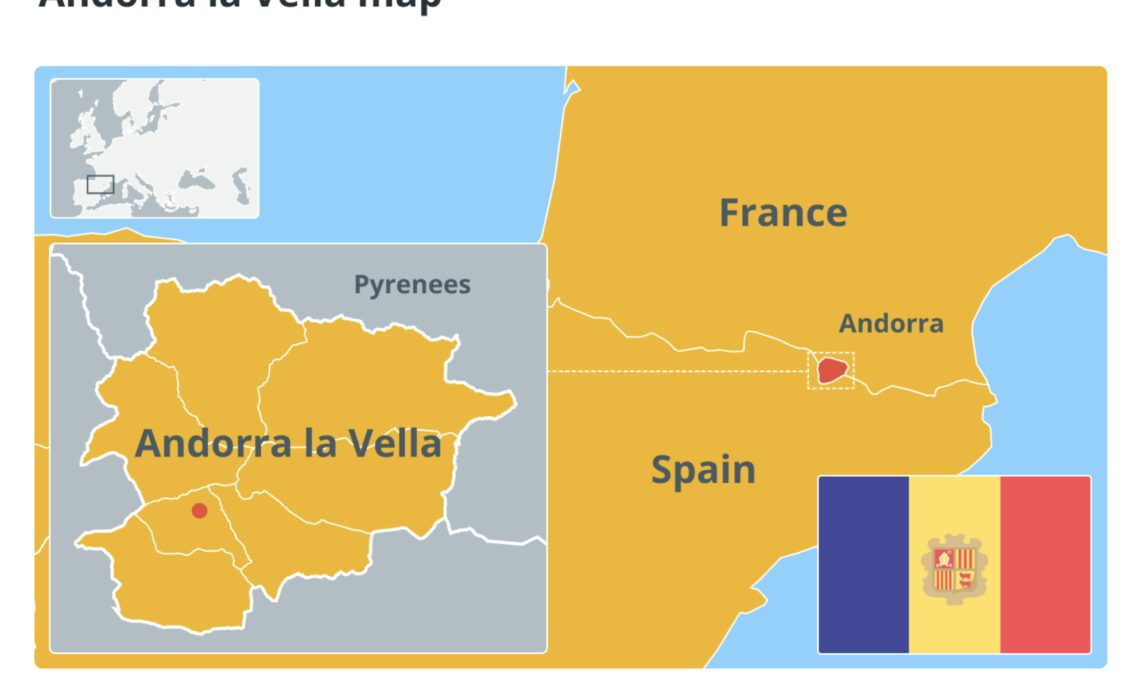A small light of progress shines from Andorra, a tiny European country nestled between France and Spain. The country’s government, the General Council of Andorra, recently approved the Digital Assets Act, a regulatory framework for digital currencies and blockchain technology.
The act is split into two parts. The first regards the creation of digital money, or “programmable digital sovereign money,” which can be exchanged in a closed system. In effect, this would allow the Andorran state to create its own token.
The second half of the act refers to digital assets as financial instruments and intends to create an environment in which blockchain and distributed ledger technologies can be regulated. For Paul (who withheld his surname), CEO of local Bitcoin business 21Million, the new law could attract new business. He told Cointelegraph:
“The outcome they’re trying to achieve is to actually attract new businesses to locate in the country by offering some legal clarification making it easier and more transparent. They see this as a way to attract talents and entrepreneurs to the new economy.”
Note that cryptocurrencies and digital currencies are not legal tender in Andorra, and the Digital Assets Act makes no proposals surrounding means of exchange. That privilege is exclusively reserved for the preferred currency of the European Central Bank, the euro. It hasn’t stopped Paul, an avid Bitcoiner, from making the case for Bitcoin (BTC) adoption in Andorra:
I’ve been working on this one for a while but I’ve finally decided to share it ! Here’s the case I make for a bitcoin adoption in Andorra ! https://t.co/xHxl78YChO
— Paul ADW (@PaulADW) July 14, 2022
In a blog post, Paul highlighted that Andorra could adopt a Bitcoin standard, mining Bitcoin with renewable energy, taking on Bitcoin as a reserve asset, and welcoming Bitcoin-centric companies from all around the world.
National newspaper Diari d’Andorra reported that the Digital Assets Act is a step toward “making cryptocurrencies a day-to-day reality.” From a business perspective, Paul said that the level of “crypto-friendliness” depends on the activity.
“I have a friend who runs a mining operation here — no problem —and electricity is cheap. If you do financial consulting, then the same: pretty friendly with a low tax rate. If you wanted to run an exchange, it could be a bit hard to find a bank that works with you; the government itself wouldn’t mind.”
In an interview…
Click Here to Read the Full Original Article at Cointelegraph.com News…
























